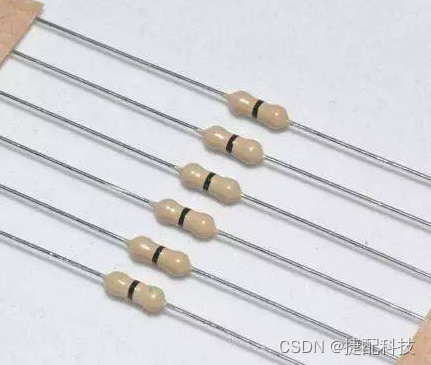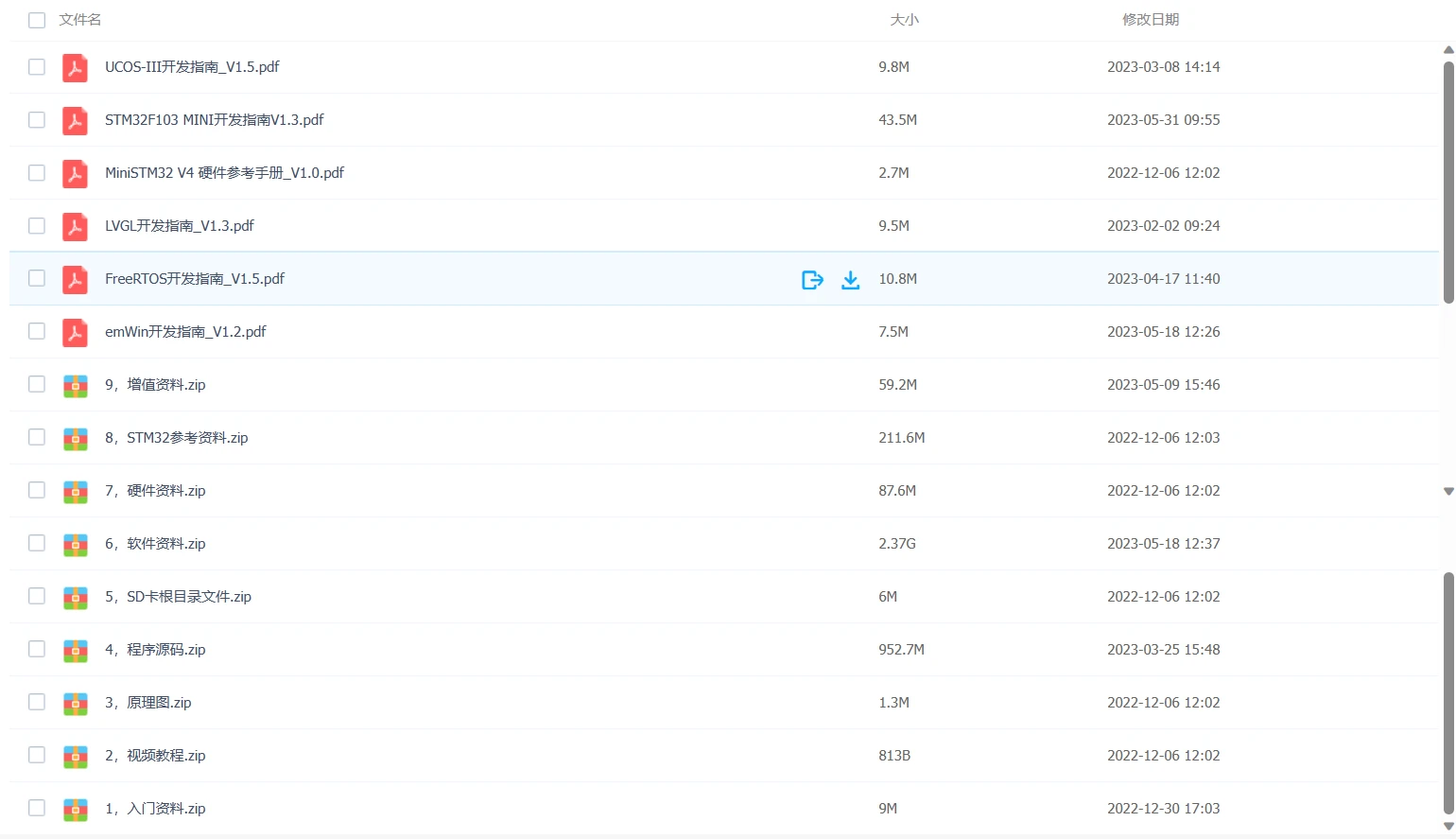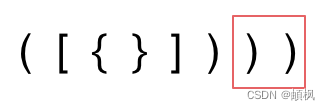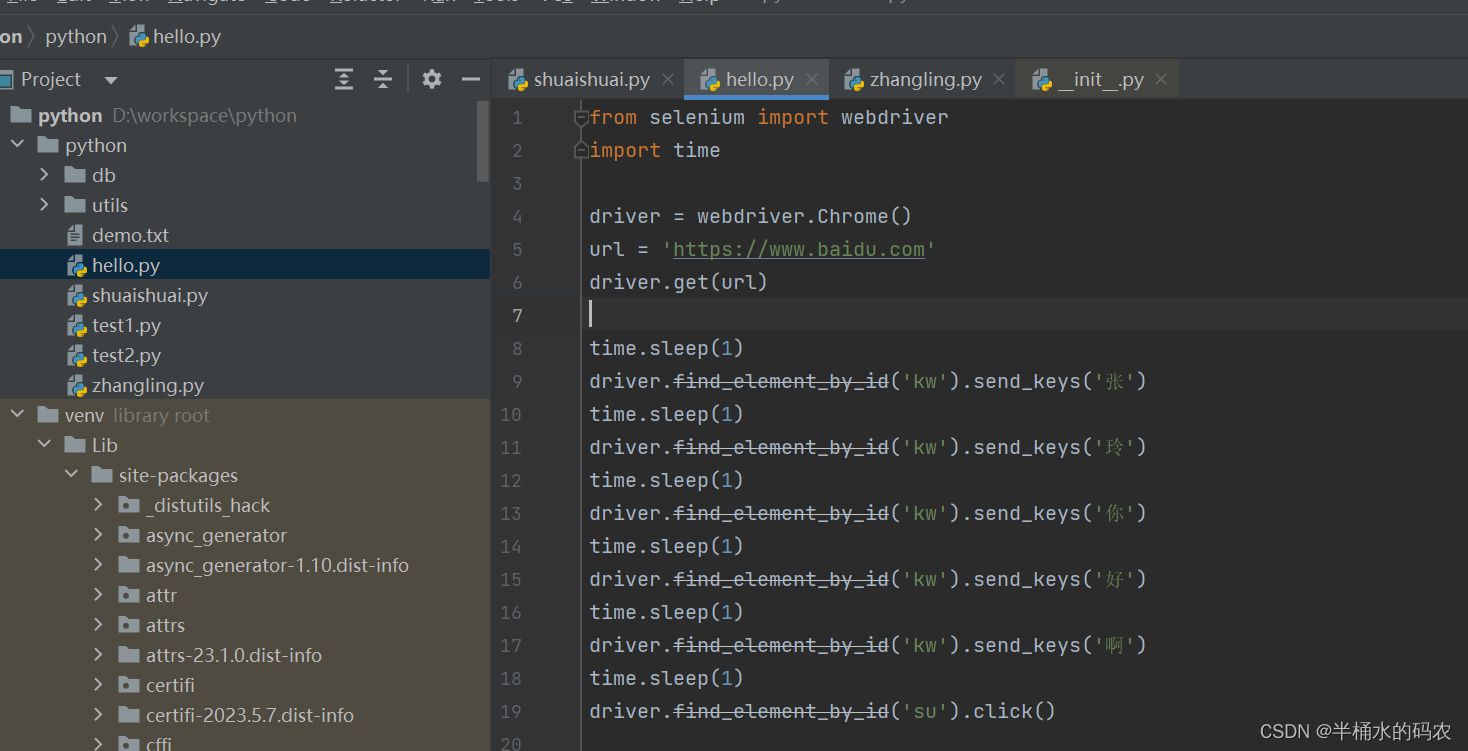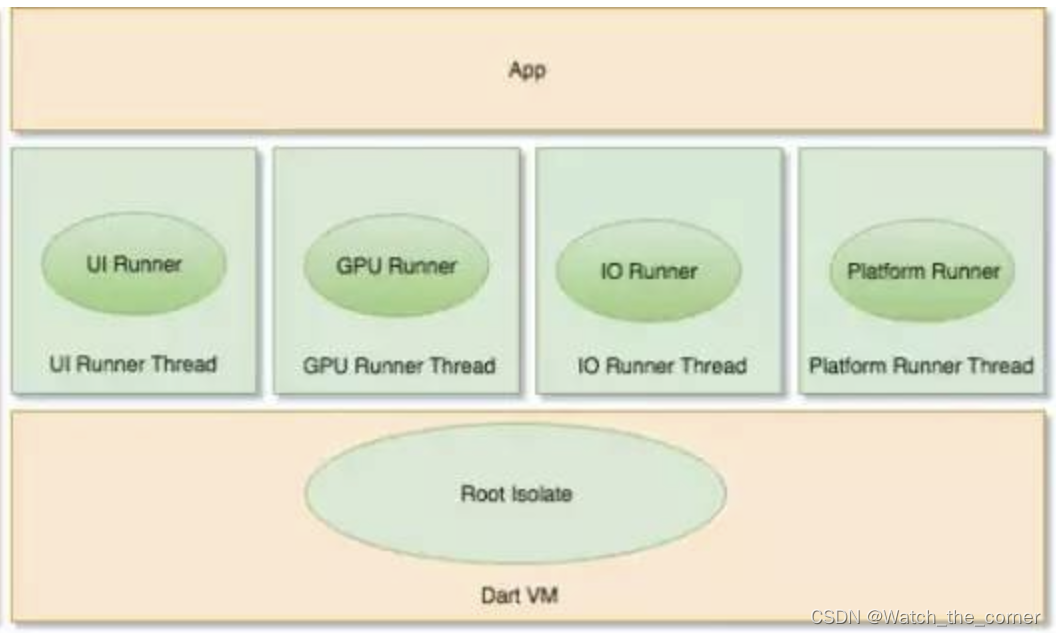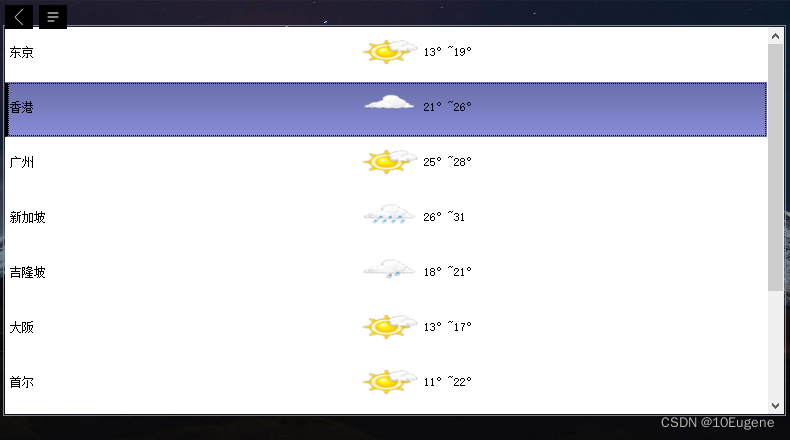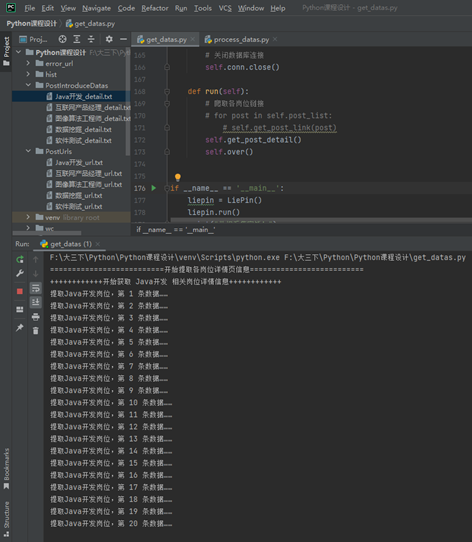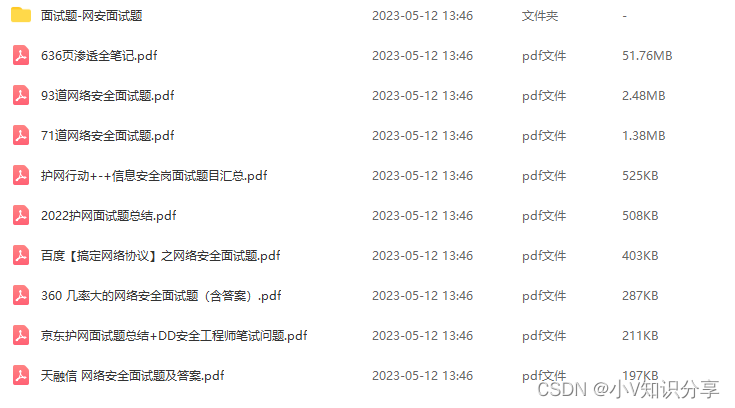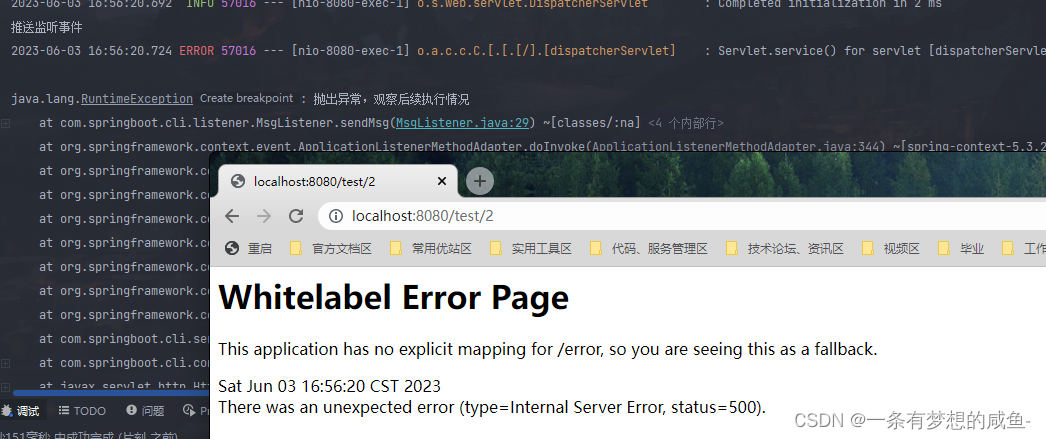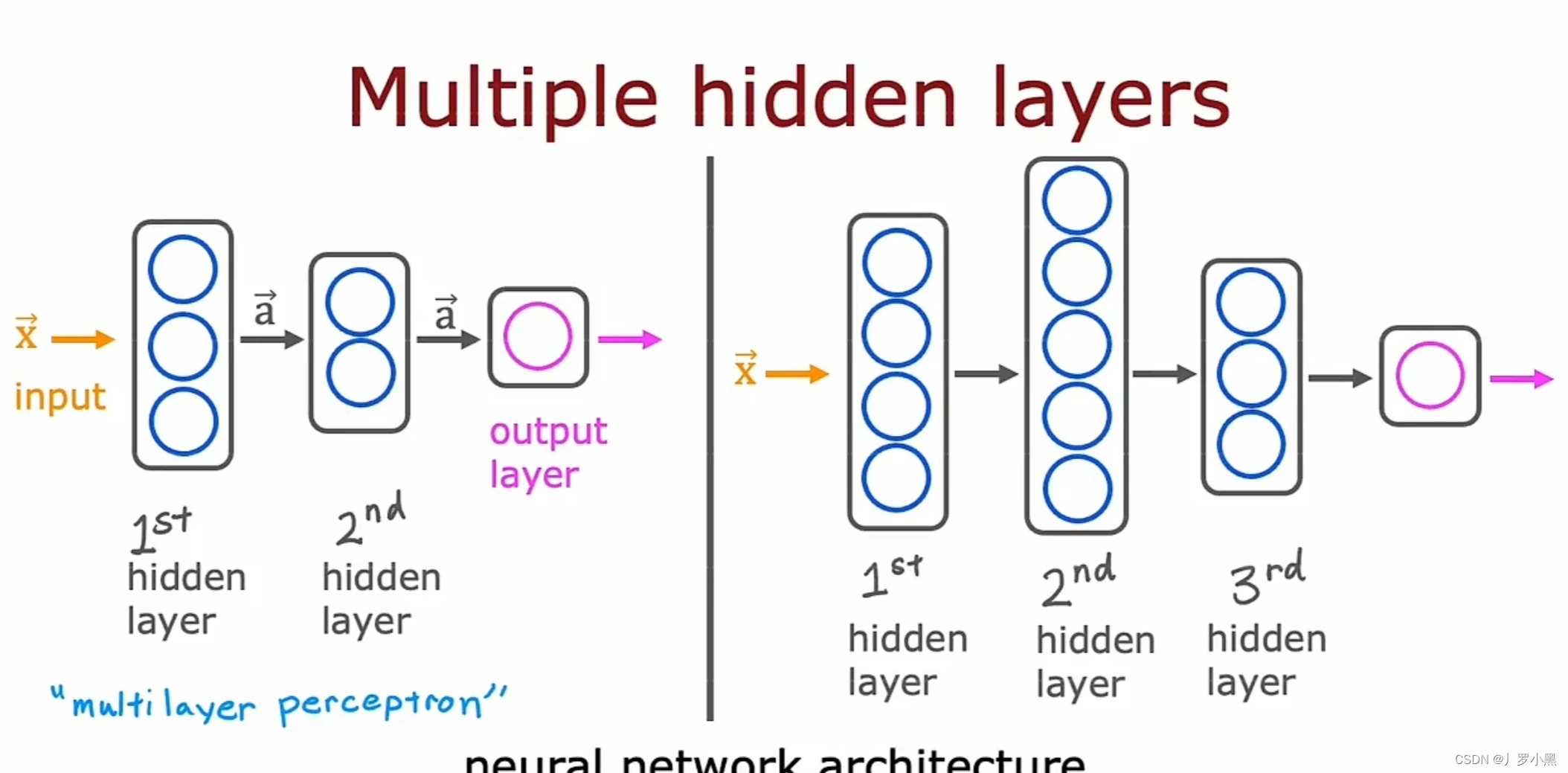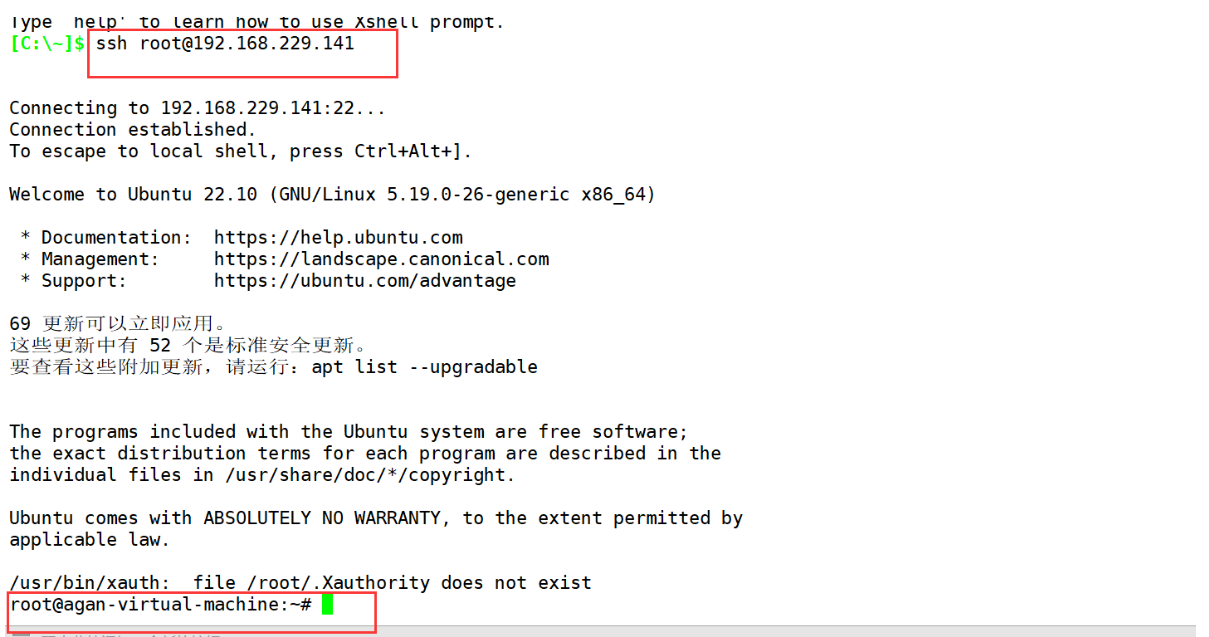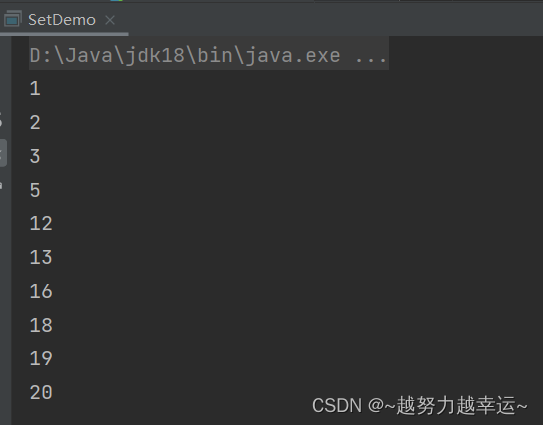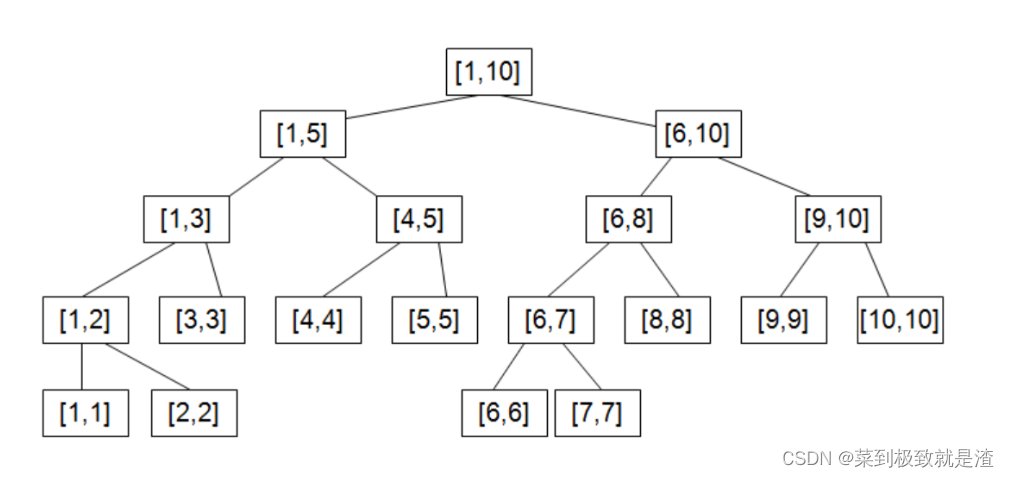English Learning - L3 作业打卡 Lesson4 Day28 2023.6.1 周四
- 引言
- 🍉句1: Something may appear to be free of charge, but there may be a hidden cost.
- 成分划分
- 弱读
- 连读
- 爆破
- 语调
- 🍉句2: When we fail to see problems at work, my supervisor tells us to wake up and smell the coffee.
- 成分划分
- 弱读
- 连读
- 爆破
- 语调
- 🍉句3: We need to pay more attention and fix the problem.
- 成分划分
- 弱读
- 爆破
- 语调
- 💡督导问问:
- 1. 看到情态动词出现,有没有影响你划分句子结构呢?那你⾃己有没有总结出小窍⻔呢?写下来~我们交流一下。
- 2. cost作为花费讲时,跟take, spend有什么区别呢?试着简单辨析一下。
- 3. When we fail to see problems at work, our supervisor tells us to wake up and smell the coffee.
- 📅明日计划
- 🙆【导导摸摸头】
引言
⏰打卡时间:2023.6.1(周四) 6:00-17:00
训练技巧顺序:
【完全听写法】➡️【车轮法】➡️【影子跟读法】
⏱【练习时间】60 mins
🍉句1: Something may appear to be free of charge, but there may be a hidden cost.
/ˈsʌmθɪŋ meɪ əˈpɪə tə biː friː əv ʧɑːʤ bʌt ðeə meɪ biː ə ˈhɪdn kɒst/
语音现象描述+自身问题总结:
(连读、重读、弱读、浊化、断句、语调等)
成分划分
有些东西看上去不用掏钱,但总有些隐含费用

弱读
a- 》ə
Of-》əv
连读
free of-》friːjəv,注意连接音 j
be a-》biːjə,注意连接音 j
爆破
But 这里做了停顿,所以没有失去爆破
语调
Change,but,cost降调
🍉句2: When we fail to see problems at work, my supervisor tells us to wake up and smell the coffee.
/wen wi feɪl tuː siː ˈprɒbləmz ət wɜːk maɪ ˈsjuːpəvaɪzə telz ʌs tə weɪk ʌp ənd smel ðə ˈkɒfɪ/
语音现象描述+自身问题总结:
(连读、重读、弱读、浊化、断句、语调等)
成分划分
当我们看不到工作中的问题,我上司告诉我们 wake up and smell the coffee(清醒点)

弱读
At-》ət
And-》ən
To(wake up)-》tə
连读
tells us-》telzʌs
wake up-》weɪkʌp
爆破
at work 谦让爆破
语调
Problems 降升调
Work,coffee 降调
🍉句3: We need to pay more attention and fix the problem.
/wi niːd tuː peɪ mɔː əˈtenʃən ənd fɪks ðə ˈprɒbləm/
语音现象描述+自身问题总结:
(连读、重读、弱读、浊化、断句、语调等)
成分划分
我们需要更加集中精力来解决这个问题

弱读
And-》ən
爆破
need to 摆拍爆破
语调
Problem 降调
💡督导问问:
督问答案会在每日打卡结束后,发至学习团
能使我们感觉快乐的,不是环境,⽽是态度
1. 看到情态动词出现,有没有影响你划分句子结构呢?那你⾃己有没有总结出小窍⻔呢?写下来~我们交流一下。
在划分句子结构时,情态动词通常被视为谓语动词的一部分
导导答案:

2. cost作为花费讲时,跟take, spend有什么区别呢?试着简单辨析一下。
“cost”:指购买或获得某物所需的金钱、代价或成本。它通常强调购买某物所付出的费用。例如:“The new phone costs $500.”(这部新手机的价格是500美元。)
“take”:指花费(时间、金钱、精力等)去完成某项活动或任务。它强调的是从自己拥有的时间、金钱或资源中抽取出来。例如:“It took me two hours to finish the report.”(我花了两个小时完成报告。)
“spend”:指在某段时间内使用金钱、时间或资源。它强调对资源的使用,可以用于描述一段时间内的消费或使用情况。例如:“I spend $100 on groceries every week.”(我每周在杂货上花费100美元。)
总的来说,“cost” 强调购买或获得某物的费用,“take” 强调花费完成某项活动或任务的时间,“spend” 强调在某段时间内使用金钱、时间或资源
导导答案:
cost 主语是物,表示话费金钱
常⽤表达 sth. cost sth. 某物花了多少钱
例:Good food need not cost a fortune. 好吃的⾷物不⼀定要花很多钱。
take:主语是 it,表⽰花费时间
例: It will take her time to recover from the illness. 她康复需要时间。
spend :主语是⼈,花费的可以是时间,也可以是⾦钱
例: I just can’t seem to stop spending. 我似乎就是没法不花钱。
spend sth on sth
She spends too much effort on things that don’t matter.
她在⼀些⽆关紧要的事上花费了太多精⼒ 。
spend sth doing sth
I spend too much time watching television. 我看电视花的时间太多。
3. When we fail to see problems at work, our supervisor tells us to wake up and smell the coffee.
上面这句是否可以改成:
Failing to see problems at work, our supervisor tells us to wake up and smell the coffee.
不可以,因为主语不是同一个,前一个主语是 we,而后一个主语是 our supervisor
导导答案:
不可以改成下⾯这句哦。因为这句话主句的主语是 our supervisor,⽽ failing to see problems at work 的逻辑主语是 we,所以不可以
📅明日计划
复盘 L3 第四节课所有内容,
跟读句子朗读
完成第二天的作业
🙆【导导摸摸头】
人生没有对错,只有选择后的坚持。不后悔,走下去,就是对的。走着走着,花就开了。
